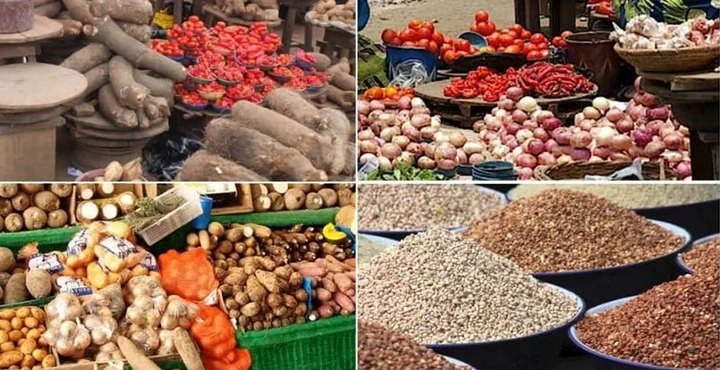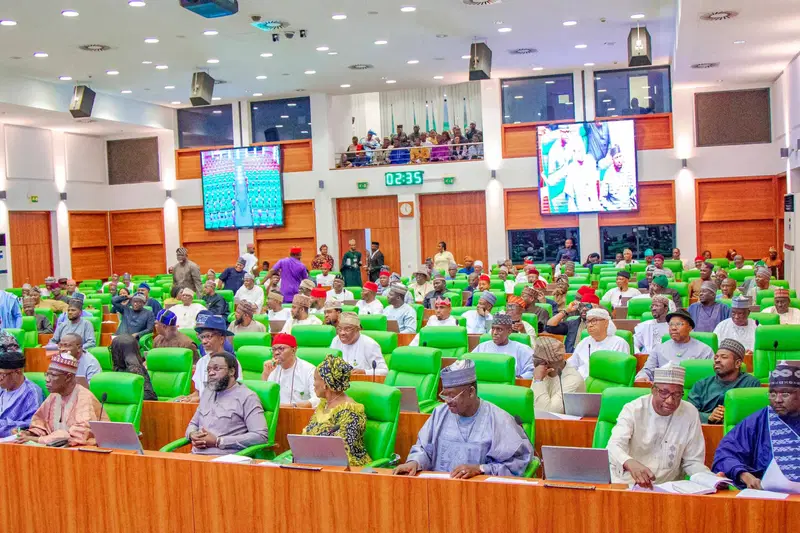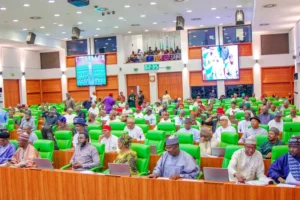The Federal Government is reportedly contemplating an extension of the timeline for the conditional duty-free food importation policy ahead of its initial expiration.
This development follows the announcement by the Minister of Finance and Coordinating Minister of the Economy, Wale Edun, who revealed that the government has commenced food imports as part of its interventionist policy.
- Log in to primsol.lawpavilion.com and enjoy the best E-journals, textbooks, and more.
- – To subscribe to Primsol, visit store.lawpavilion.com.
- For further enquiries or assistance, send an email to [email protected] or call 08050298729.
- Close to four months after the Federal Government unveiled the scheme to curb rising food prices, the initiative remains shrouded in uncertainty, with reports indicating that importers have largely shunned it.
- TT ftDespite a clear directive issued to the Nigeria Customs Service (NCS) to commence the process on August 14—approximately 90 days ago—there are no signs that the zero-import duty on basic food items has been implemented effectively, aside from a recent disclosure from the finance ministry.
- Only companies operational for at least five years are eligible to participate.
- Companies must have filed yearly returns, financial statements, and paid taxes and statutory payroll obligations for the past five years.

- Companies importing husked brown rice, grain sorghum, or millet must own a milling plant with a capacity of at least 100 tonnes per day, have operated for at least four years, and possess sufficient farmland for cultivation.- Companies importing maize, wheat, or beans must have substantial farmland or be feed mills/agro-processing companies with an out-grower network for cultivation.
- Additionally, 75 per cent of the imported items must be sold through recognised commodities exchanges, with all transactions and storage properly recorded.
- Lucky Amiwero, President of the National Council of Managing Directors of Licensed Customs Agents (NCMDLCA), noted that the complexity of the guidelines and regulations has made compliance challenging for companies.
- He argued that the requirements are not designed to provide immediate relief and criticised the slow progress and lack of clarity on policy execution.- “The problem is that the government itself has not come out clear on that policy.
- The policy looks a little bit unclear, and there’s a lot of conflict and confusion. When a government has a complex situation and directive, it is very difficult to execute. Those guidelines are not for relief. When the government wants to give relief to cushion the effects of hardship, they don’t impose so many guidelines,” Amiwero explained.
- He emphasised the urgency of the situation, as food prices remain high while the policy’s main achievement is contributing to the uncertainties within the food value chain.
- With Yuletide approaching, he warned that further delay could exacerbate the challenges faced by consumers, particularly as the peak period for food demand draws near.
The situation surrounding food imports and pricing is indeed complex. Abdullahi Maiwada, the National Public Relations Officer of the NCS, emphasized that the Customs is prepared to implement the government’s zero-duty waiver policy on food imports. However, experts are cautioning that even with the importation of food grains by multinational companies, the current exchange rate will not make food cheaper. They highlighted that the government needs to focus on reducing post-harvest losses, which significantly impact food affordability. It’s clear that the ongoing food crisis is more about affordability than availability.
The concerns raised about the government’s approach to food production and importation are quite significant. The MD of Green Sahara Farms highlighted that without strategic investments, like the $5 billion the United States allocates annually for maize production, it becomes cheaper to import than to produce locally. The depreciation of the dollar since the announcement of the importation plan has further complicated the situation, making imported food less affordable. Moreover, addressing the staggering post-harvest losses of about N2.7 trillion annually could be a more effective strategy than relying on imports. Improving production would not only increase food availability but also enhance wealth for farmers, many of whom still lack the necessary equipment for proper harvesting. The fear of policy inconsistency among importers, as mentioned by the Chairman of the National Association of Nigeria Traders, adds another layer of complexity to the situation. It’s clear that a more cohesive and strategic approach is needed to tackle these challenges effectively.




















